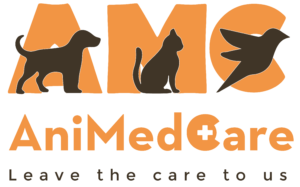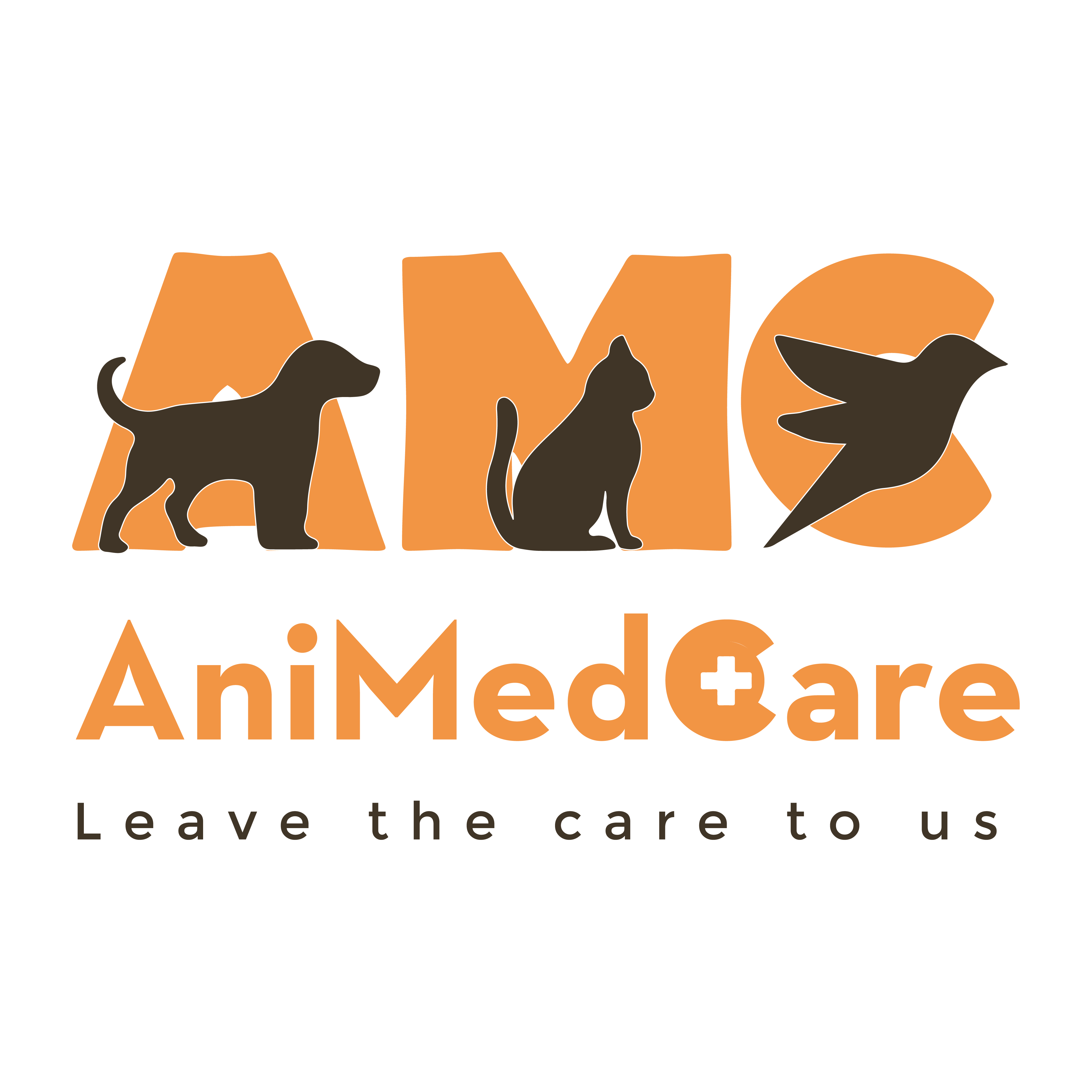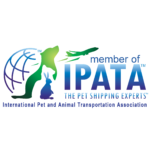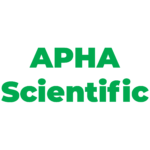Business Service
In today’s competitive dairy market, efficiency is key. We help dairies find problems that might be hurting their profits, such as low milk production, low milk quality, high disease rates, high culling or death rates, lameness, poor reproduction, or inefficient use of labor.
Dairy Doctors’ staff will develop proactive plans to improve problem areas. We will help you put these plans into action and keep an eye on them so that they have a positive effect on your business.
Dairy Veterinarians attend dairy team meetings, financial reviews, and goal-setting sessions. We offer
Dairy team Meetings
Goal Setting Sessions
Financial Reviews
Milk Quality and Production
Biosecurity Plans
Breeding Programs
Oversight and monitoring of Drug Programs
Economic Bench Marking
Dairy Staff Training Services
Dairy Vets offers many customized training programs for dairy workers to help them care for all your animals. With good record-keeping methods, dairy vets can effectively oversee and evaluate drug use to help prevent milk and meat residues, evaluate management information, and keep an eye on the health of the herd. This process is an effective and achievable way to address food safety and ultimately proper drug use. These programs include:
Transition cow evaluation
Milker performance
Calving assistance
Animal husbandry
Treating properly
Customized dairy sessions
Proper record keeping
Proper drug use
Food safety
Management / Economic information
Heifer Raising Services
All aspects of raising quality replacement heifers can be helped by dairy vets. If you want to raise productive, cost-effective heifers, you must pay attention to detail. We assist clients in raising heifers in areas like:
Colostrum collection and storage systems
Monitoring the colostrum feeding program
Nutrition
Vaccination & Worming protocols
Treatment protocols
Disease incidence monitoring and review
Growth performance
Reproductive programs
Health papers for out of state shipment
Employee training sessions
Biosecurity plans
Dairy Vets will help you create a biosecurity plan to prevent infectious disease outbreaks in your dairy. The risk of dairy problems can be reduced with these custom plans, which include a vaccination program, tests to diagnose diseases, and strategies for managing the herd.
Reproductive Services
Reproductive services are an essential component of livestock management and play a critical role in maintaining herd or flock productivity. Reproductive services in livestock involve the management of breeding, fertility, pregnancy, and birthing processes. Here are some of the most common reproductive services provided to livestock:
Artificial insemination (AI)–This is a process where semen from a high-quality bull is collected and then introduced into the female reproductive tract using specialized equipment.
Estrus synchronization–This involves the use of hormones to coordinate the estrus cycle of a group of females, making them receptive to breeding at the same time.
Pregnancy diagnosis–This is the process of determining whether a female animal is pregnant, usually done by palpation, ultrasound, or blood testing.
Pregnancy management–Once a female animal is confirmed pregnant, appropriate management practices need to be implemented to ensure successful pregnancy and birth.
Birthing assistance–Sometimes, livestock require assistance during labor and delivery. Assistance may involve intervention by a trained professional or the use of specialized equipment.
Neonatal care–After birth, newborn animals require care and monitoring to ensure their health and survival. This includes feeding, vaccination, and disease prevention measures.
Overall, reproductive services play an important role in ensuring the productivity and health of livestock. Proper management of reproductive processes can lead to increased efficiency and profitability for livestock producers.
Breed Selection
Farmers selectively breed different types of cows with highly desirable characteristics in order to produce the best meat and dairy. This means the farmers can make the most profit. Characteristics can be chosen for usefulness or appearance.
Dairy Nutrition
Cattle nutrition is an important quality that determines their reproductive performance and overall well-being. The primary sources of energy for cattle are cellulose and hemicellulose from roughages and starches from grains. Fats and oils have a high energy content but usually make up only a small part of the diet. Now, there are five key nutrients that should be present in whatever diet plan you choose for your cattle. This is to ensure that the cattle get all the important nutrients that support their growth, performance and general health status.
Water
Protein
Energy
Vitamins
Minerals
Dry Cow Management
During the dry period cows can be fed only good quality green fodder with 1-2 kg concentrate. The ration should have moderate energy density with low levels of protein (12 to 14 percent) and starch (12 to 16 percent). The ration should be fed at 55 percent moisture. Therefore, the feeding and management of dry cows is very important from an economic aspect. When drying off a cow, the goal is to abruptly end milk secretion and to seal the teat canal as quickly as possible.
Milk Production
The sole purpose of the dairy farm is efficient milk production and to earn profit by the sale. Maintaining hygienic conditions in the farm play a significant role in improving the quality of milk produced. The dairy cow produces large amounts of milk in its lifetime. Production levels peak at around 40 to 60 days after calving. Production declines steadily afterwards until milking is stopped at about 10 months. The cow is “dried off” for about sixty days before calving again. Within a 12 to 14-month inter-calving cycle, the milking period is about 305 days or 10 months long
Cattle Fattening
Cattle fattening is a livestock production practice that reduces animal activities, thereby fattening cattle more quickly. Larger animals could be sold for more money on the market as they yield more meat. Cattle fattening is one of the newly incipient actions. Fattening of bulls requires a quality diet. This means doing high quality hay and having it in your store, making silage, making a concentrate to improve on protein and energy nutrition and also having minerals and vitamin sources that can be bought as premix. Total mixed ration way of feeding is also encouraged.








